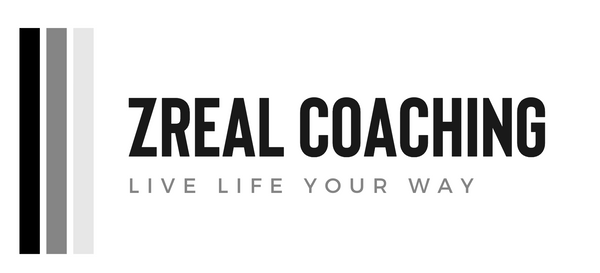
🌱 Finding Peace When Family Feels Heavy
Growing up with complicated parents can shape you in ways you never asked for. If their actions have been destructive, self-centered, emotionally unaware, or something more serious, it’s natural to feel weighed down by issues you didn’t create.
The truth is: you don’t have to carry what isn’t yours. Your path is yours alone, and you can build peace, identity, and strength that stand apart from your family’s flaws.
1. Acknowledge the Truth Without Shame
Taking the first step is always the hardest — opening the box on something you’ve kept locked away out of fear of the emotions that might surface. But you’re no longer that child who felt powerless. You’ve grown up, you’re gaining emotional control, and you now have the courage to face what once felt unbearable.
Ask yourself: “What parts of my parents’ behavior have I been carrying as if they were my responsibility?”
This includes the smaller things, like neglect or emotional distance, and the heavier realities, like abuse. Facing them doesn’t make you weak. It makes you strong enough to live honestly.
2. See Your Parents Clearly, Without Losing Yourself
It’s especially painful to realize that parents — the people meant to be role models and protectors — can fall short. They may act in ways that are selfish, harmful, emotionally limited, or abusive.
This is not a reflection of your worth. It’s a reflection of their humanity and their choices. Parents are not perfect; they are humans who make mistakes, sometimes deeply damaging ones. You cannot control their behavior — only how much of it you allow to take up space in your own life.
🔑 Tip: Imagine their words or actions as background noise — you hear them, but you don’t let them decide your mood or your direction.
3. Love With Boundaries
You can still have feelings of care or love for your parents for bringing you into this world. But love does not mean allowing their lack of emotional sensibility, intelligence, or abusive patterns to control your life.
-
You can set healthy boundaries.
-
You can keep in touch only if you want to.
-
You can ask them questions if you want to know things — but be prepared that you may not like the answers.
-
You must learn to be okay with not always hearing what you want.
The person who needs to be at peace with that reality is you. That decision cannot come from anyone else.
4. Build Your Identity Separate From Them
Choose your own values: honesty, respect, courage, kindness.
Ask yourself: “What kind of person do I want to be, regardless of my parents?”
Write down three qualities you admire in others (friends, mentors, leaders) and practice living those daily.
This helps you grow an identity separate from the chaos, harm, or abuse you may have experienced.
5. Use Your Strengths Inward, Not Just Outward
You already show emotional control in certain parts of life. Now, turn those skills inward:
-
Notice your feelings instead of only suppressing them.
-
Name them (anger, sadness, disappointment, relief).
-
Ask what they need (rest, expression, boundaries).
This builds resilience not just on the outside, but in the places that were wounded by neglect, conflict, or abuse.
6. Create Safe Support Beyond Family
You don’t need to rely on parents who cannot give what you need — especially if their behavior has been abusive or destructive. Instead:
-
Find mentors, friends, or communities where respect flows both ways.
-
Therapy or counseling can help you untangle long-standing wounds.
-
Books, videos, podcasts, or online spaces can help and give you language for your experiences.
7. Practice Healthy Communication Elsewhere
Since your parents may not model it, you can learn to:
-
Be clear and open when expressing yourself.
-
Practice with trusted people: “Here’s what I feel, here’s what I need.”
Notice how safe and easy, mutual communication feels different — energizing, not draining.
8. Give Yourself Permission to Heal
-
Permission to feel anger toward what happened.
-
Permission to grieve the nurture and support you didn’t get.
-
Permission to set boundaries.
-
Permission to walk away if the relationship is abusive and unsafe.
-
Permission to live your life with peace, joy, and dignity.
✨ Final Word
You cannot control your parents’ behavior, no matter how deeply you wish they could have been different. That truth is especially hard because we expect parents to be role models, but the reality is: they are imperfect humans, sometimes deeply flawed, and in some cases, even abusive.
You can love them for giving you life while still protecting your peace. Real strength isn’t pretending nothing happened — it’s facing the truth, taking what you’ve learned, and building a life that feels peaceful, honest, and fully your own.
